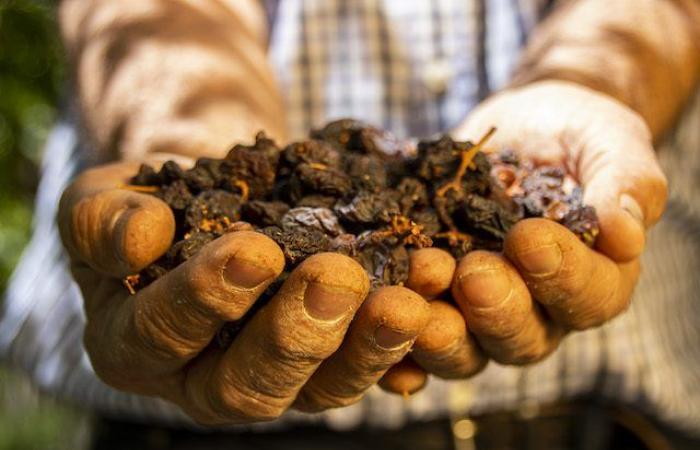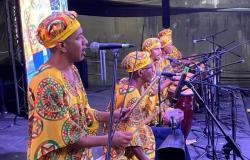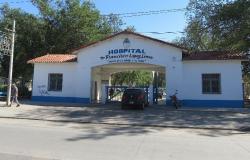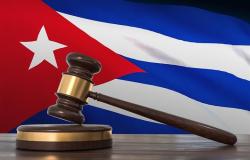
“Comparative experiences of associative ventures in Spain, Chile and Colombia” is the title of the international seminar organized within the framework of the project “Strengthening the Association of Micro and Small Enterprises (MIPEs) in the Region of Coquimbo, Chile and in the Department of Tolima Colombia”, an initiative that is in the middle of its development, and which is executed by the IPP UCN Coquimbo, the Faculty of Environmental and Rural Studies of the Javeriana University of Colombia and the Business Management Research Center (CEGEA) of the Polytechnic University of Valencia, Spain.
The Regional Corporation for Productive Development (CRDP), the National Cooperative Association of Chile, and the Regional Government of Coquimbo also collaborate in the project, through the Development and Industry Division.
The seminar, which will be broadcast on the UCN YouTube channel, seeks to compare the experiences of associative ventures in these countries; exercise of great relevance so that organizations that are just starting out can identify common problems and challenges, and incorporate the learnings of organizations from different countries. This is explained by the project director, Natalia Sandoval Anabalón, who is also the alternate director of the IPP UCN Coquimbo.
“When we find those common problems, it is very enriching to have the experiences of organizations from three countries. Within the framework of this project we are analyzing how the institutional framework that is responsible for promoting and enhancing associativity in the pre-associative stage has been developed. We are interested in knowing, for example, what are the methodologies that are being used to incubate the associativity?”, stated Natalia Sandoval.
The meeting will have two exhibitions to publicize the objectives of the project, its progress and the next actions aimed at training members of local organizations in Chile and Colombia, so that they can design their own associative projects.
Mario Jorquera Álvarez, project coordinator and IPP UC professional, will present; Isabella Romero Ángel, logistics and environmental assessment coordinator at the Javeriana University; Loreto García Saavedra, training program coordinator and territorial advisor of the project and academic at the UCN School of Business Sciences.
CONVERSATION PANELS
During the meeting, two panels will be held, the first focused on addressing associative promotion in Spain, Chile and Colombia, and the second will focus on the challenges of strengthening associative organizations.
Juan Fernando Álvarez Rodríguez, professor at the Pontifical Javeriana University; Erasmo López Becerra, CEGEA professor at the Polytechnic University of Valencia; Mauricio Rodríguez Amaya, Director of the Solidarity Unit; José Miguel Hernández Arbeláez, associate of the Coop. Cometa Global Cooperativa Cultural, and Paula Barrera Parra, professional from Unidad Solidaria, will be part of the panels.
NEXT TRAINING COURSE
Among its actions, the execution of the project includes the development of the course “Tools for the Design and Evaluation of Associative Projects”, which will be announced at this time. This program stands out for having a transversal design that will allow it to be applied in both Chile and Colombia, in this way, according to the words of Loreto García Saavedra – training program coordinator and territorial advisor of the project and UCN academic -, “this program It was designed collaboratively, the participation of academics with different experiences has been coordinated, who have also linked the program with specialized pedagogical advice. I highlight this ability to reach agreements and be able to design something so transversal that it has applicability in both Chile and Tolima, Colombia,” said the UCN academic.
It should be noted that this initiative is financed by the Chile-Spain Mixed Triangular Cooperation Fund of the Chilean Agency for International Development Cooperation (AGCID) and the Spanish Agency for Development Cooperation (AECID); created in 2009, whose objective is to strengthen technical cooperation between Chile and Spain and promote the development of joint actions between both governments in relatively less developed third countries.





